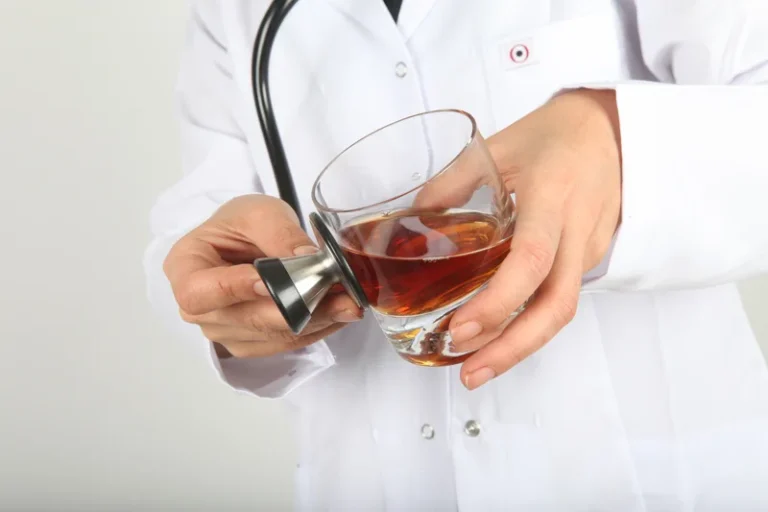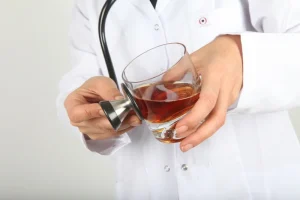
Medicaid is offered by individual states, and the qualification requirements vary.2 To check your eligibility, apply through your state’s health insurance marketplace or directly with the state’s Medicaid agency. Despite these variables, it’s important to focus on the treatment type and duration first and to ensure sure your program matches your needs. That is, you want the most effective treatment for your specific needs, rather than the least-expensive how to get a family member into rehab option in your area. Those who are financially stable enough to have a savings account may consider using some of the money that they put away to help cover the cost of their treatment. An organization called the Substance Abuse and Mental Health Services Administration (SAMHSA) offers grants for addiction treatment to those who apply for them on their website. If you or anyone you know is undergoing a severe health crisis, call a doctor or 911 immediately.
- One way to do that is to create a payment plan and put it on paper for both sides to see and agree upon.
- In part, this is because those without insurance, or with other financial barriers, may not believe they will be able to afford treatment.
- These options ensure affordable access to addiction treatment while prioritizing both immediate health and long-term recovery goals.
- State-funded rehab centers use government money, distributed by the individual state, to support people recovering from alcohol or drug addiction.
- These centers use money from the government to help people overcome an alcohol or drug addiction.
- Support groups like Alcoholics Anonymous (AA) and Narcotics Anonymous (NA) provide free peer support and a sense of community.
Can I Go to Rehab Without Health Insurance?
- As mentioned, it’s important to get the treatment recommended by qualified professionals.
- This method allows for a more tailored financial arrangement, enabling focus on healing without the stress of financial burdens.
- Further, some banks and credit unions offer loans and lines of credit to help cover the costs of medical treatments, including rehab.
- Sometimes, these addiction treatment options are helpful for those who happen to have a minimum amount of insurance that will only cover a small portion of their treatment.
- Rehab can also facilitate the withdrawal process through medications such as methadone, buprenorphine, disulfiram and Acamprosate.
Even if someone does not have insurance, you can still do certain things if you or your loved one is suffering from addiction. Lastly, state-funded facilities offer a low-cost or even free treatment option, but they may have longer wait times and fewer amenities than other facilities. For many, the financial burden can be overwhelming, especially if they lack health insurance or have limited financial resources.
Alcohol Use Disorder

This lets you start treatment immediately while paying in manageable installments. These scholarships are sponsored by either the treatment center itself, the alumni or a third-party individual or organization like a community-based service group, church or union. Occasionally, a treatment center graduate will decide to “pay it forward” by funding a scholarship at the facility where they got clean. It’s also common for members of the recovery community to designate funds from their wills to be used towards addiction center scholarships for addicts who can’t afford to pay. Rehab facilities can also provide you with aftercare support to promote a continuous, substance-free lifestyle. Time in a rehab center can help you plan for what comes next after treatment, as well as offer you resources to turn to in times of need.
Intensive Outpatient Programs (IOP)
- If you need drug or alcohol rehab and have little or no insurance and very limited resources, state-funded facilities are an option you can pursue.
- Medicare covers a wide range of substance use disorder treatment, but as always you’ll need to review your specific plan, verify benefits, and find out what facilities are in-network if applicable.
- Some alcohol treatment centers will offer financing, which can help lessen the cost burden.
- In that same year, only 7.1% of Americans with an alcohol use disorder and 11% addicted to illicit drugs received specialty treatment for their problem.
- As you can see, figuring out how to get into rehab without insurance doesn’t have to be as hard as it seems.
The bank will send the rehab program the funds directly and the rehab center will work with you to create a repayment plan. They will refer uninsured and under-insured callers to facilities that charge fees on a sliding scale that’s based on your ability to pay. State-funded rehab centers use government money, distributed by the individual state, to support people recovering from alcohol or drug addiction. These centers provide detox, treatment, and support services for those without a lot of income or savings or with inadequate or no Drug rehabilitation insurance.
Emphasizing spiritual growth and moral support, these programs cater to individuals who seek a faith-driven recovery journey. State-funded rehab centers provide addiction treatment services to individuals who have limited financial resources. These programs are available through state health departments and may include detox services, outpatient care, and residential treatment. Some of these rehab centers accept Medicaid, so if you qualify, these can be an affordable option.
- Aware Recovery Care works with health insurance, but unlike many traditional rehab programs, it also offers private pay options with flexible payment plans.
- These alternatives can help reduce the financial burden and make rehab more accessible, ensuring that addiction treatment is within reach for everyone, regardless of their insurance status.
- Thankfully, there are ways to pay for the cost of drug rehab without insurance.
- Despite the poor odds of success, if you have a strong social network and feel comfortable asking for help, you might want to consider starting a crowdfunding campaign to raise the money you need to pay for rehab.
- Many people just assume their insurance won’t cover drug rehab, but this may not be true.
These alternatives can help reduce the financial burden and make rehab more accessible, ensuring that addiction treatment is within reach for everyone, regardless of their insurance status. Additionally, there are various opportunities to access rehab with no insurance by applying for rehab scholarships, public rehab facilities, and payment assistance for rehab. Many of these programs are designed to ensure that financial constraints do not become a barrier to receiving necessary care. Rehab grants and aid are also available to support individuals in need, further reducing the financial burden of treatment. By exploring these options, anyone can find a path to recovery, regardless of their insurance status. Some detox and rehab centers offer free addiction treatment programs, and other luxury centers may cost thousands of dollars a day.
How Much Does Drug and Alcohol Rehab Cost Without Insurance?
Read on to learn more about the many options you have to help pay for addiction treatment and get the potentially life-saving treatment you need. If you or a loved one needs addiction treatment but don’t have insurance, there are many paths to recovery. From free community resources to nonprofit support and innovative home-based treatment options like IHAT, help is available.


In a single day count in 2015, that 1.3 million Americans were enrolled in treatment for substance abuse. But those people only reflect a small number of the total individuals who need treatment. In that same year, only 7.1% of Americans with an alcohol use disorder and 11% addicted to illicit drugs received specialty treatment for their problem. It’s essential to explore all available options and consider factors like insurance coverage and financial aid when seeking treatment. The cost of rehab in the U.S. can vary widely, with many factors influencing the final price. While some high-end facilities offer luxurious amenities and come with a hefty price tag, there are also affordable and even free options available.

This tool allows you to filter by location and a host of options including payment/insurance/funding accepted. With increased coverage through the ACA, people who are struggling with substance use, as well as co-occurring mental health disorders, can obtain drug and alcohol addiction treatment through various rehab programs. Outpatient rehab programs provide a structured treatment plan that allows individuals to live at home while attending therapy and support sessions multiple times a week. This option is less expensive than inpatient care and is suitable for those with mild to moderate addiction issues. It requires a strong commitment to attending scheduled sessions and maintaining sobriety in a less controlled environment. The availability of state-funded rehabs varies by region, and eligibility often depends on income, residency, and the severity of addiction.
